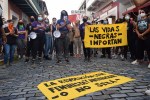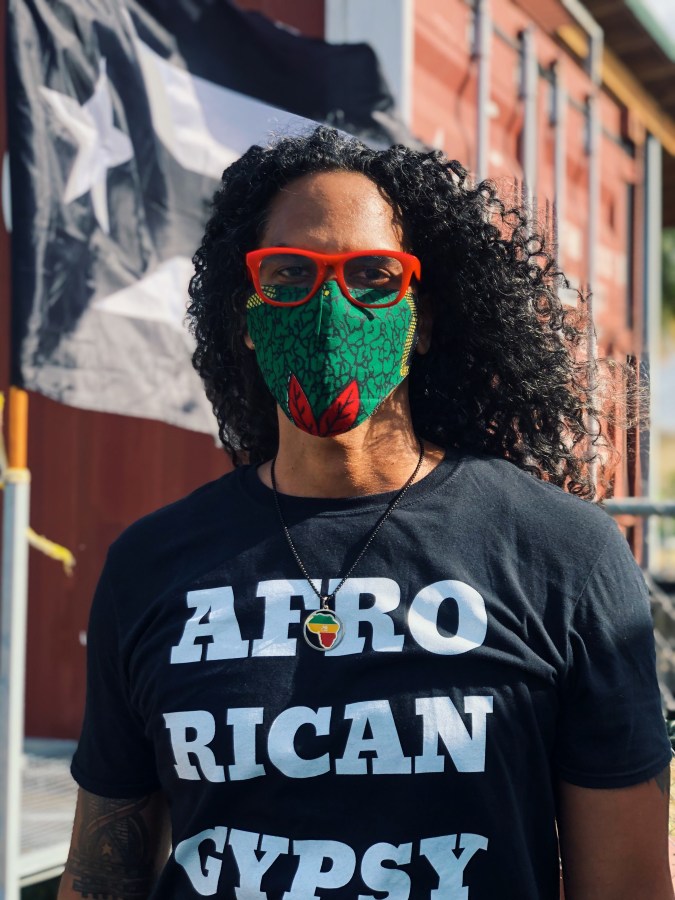How Loíza, Puerto Rico Became One of the First Latin American Cities to Join the George Floyd Protests
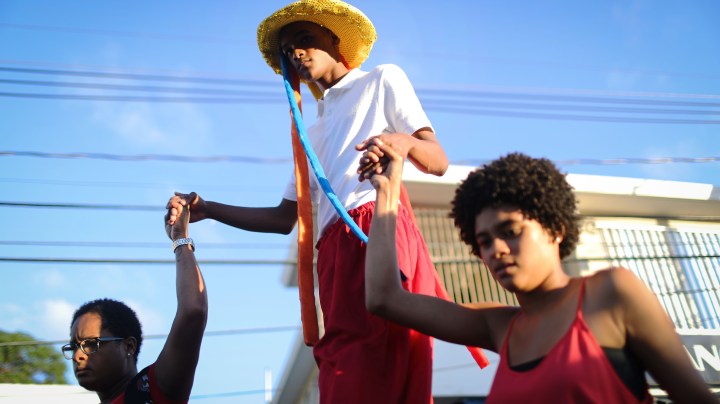
A teen (TOP) marches on stilts during a student Christmas parade on December 21, 2017 in Loiza, Puerto Rico. Photo by Mario Tama/Getty Images
On Monday night, amidst international anti-racism and protests in the U.S., Loíza—a Puerto Rican municipality that’s known as the heart of the island’s Afro-Latinx community—joined the Black Lives Matter movement in honoring the life of George Floyd with a vigil and peaceful protest.
Hundreds of people met in the historic Ancón de Loíza and celebrated Floyd in their own way: with bomba dancing, plena and a beautiful community altar. The event was led by Colectivo Ilé, an anti-racist and decolonial group.
“We are tired of the abuses that we are facing by the government and the police, not only in the U.S. but around the world,” Siloe Andino, a Loiceño who attended the manifestation with his 19-year-old son, tells Remezcla.
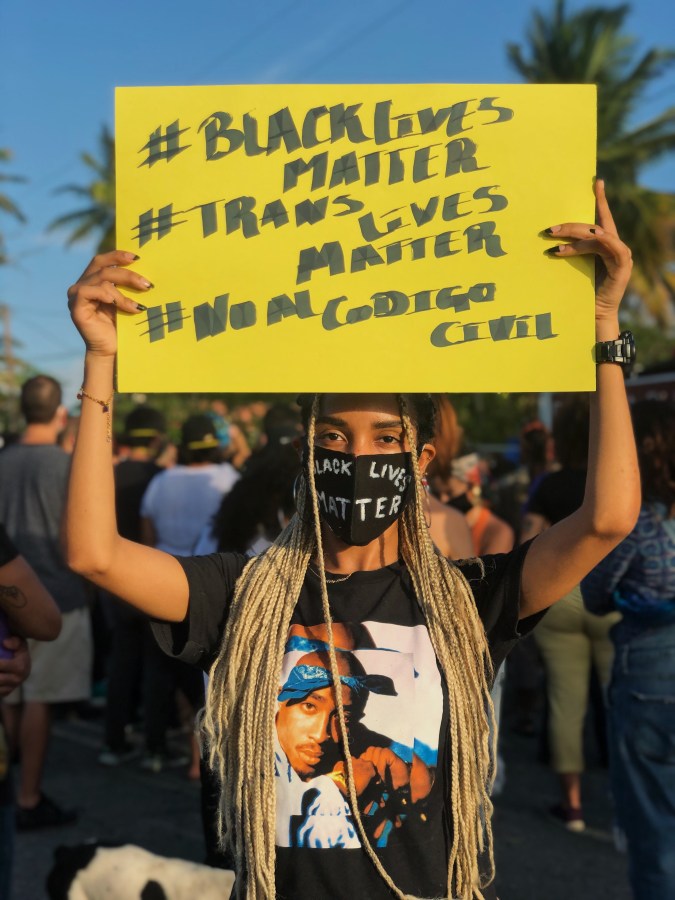
Protesters were clear on their message: Puerto Rico and Latin America are not far apart when it comes to the racism experienced by Black communities at the hands of the authorities.
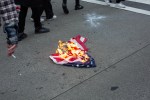
“Just because the level of racism that occurs in Puerto Rico is not as visible as it is in the US. doesn’t mean it’s not affecting us,” Maria Petersen says.
Comparing racism in the U.S. with that of Latin America is ridiculous and manipulative, María Reinat Pumarejo of Colectivo Ilé says.
“The fantasy that [Latin America’s racism] is not the same as [the United States’] stalls us in a stage of denial,” Reinat Pumarejo explains. “Like Puerto Rico, the same schemes exist in Mexico, Argentina, Dominican Republic, etc. It is one based on prejudice in favor of white people, a prejudice against Native people, and an anti-Black prejudice.”

In 1980, Adolfina Villanueva, shot dead by the Puerto Rican police while they tried evicting her from her land. Her murderers were never prosecuted.
“George’s plea is Adolfina’s plea,” her sister, Marta, said during the vigil.
Their names—and those of Eric Garner, Michael Brown, Alton Sterling, Philando Castile, Stephon Clark, Breonna Taylor and countless others—remind us that police brutality still threatens our communities.

“I think it’s important to stand in solidarity, not just protest,” Essah Cozett, a Georgian living in Toa Baja, says. “And also find different forms of expression. Puerto Rico is very creative in fighting injustice.”
http://dashboard.jwplatform.com/videos/9VsJ3QVZ/
Just as Boricuas used perreo combativo as way of protest in the summer of 2019 when the #RickyRenucia protests ended in the resignation of then-governor Ricardo Rosselló, Plena Combativa, a political-feminist plena Puertorriqueñagroup, used their chants to join the international cry for equality: “¿Cuanto más vamos a aguantar?,” they said. (How much more will we endure?)
